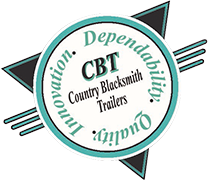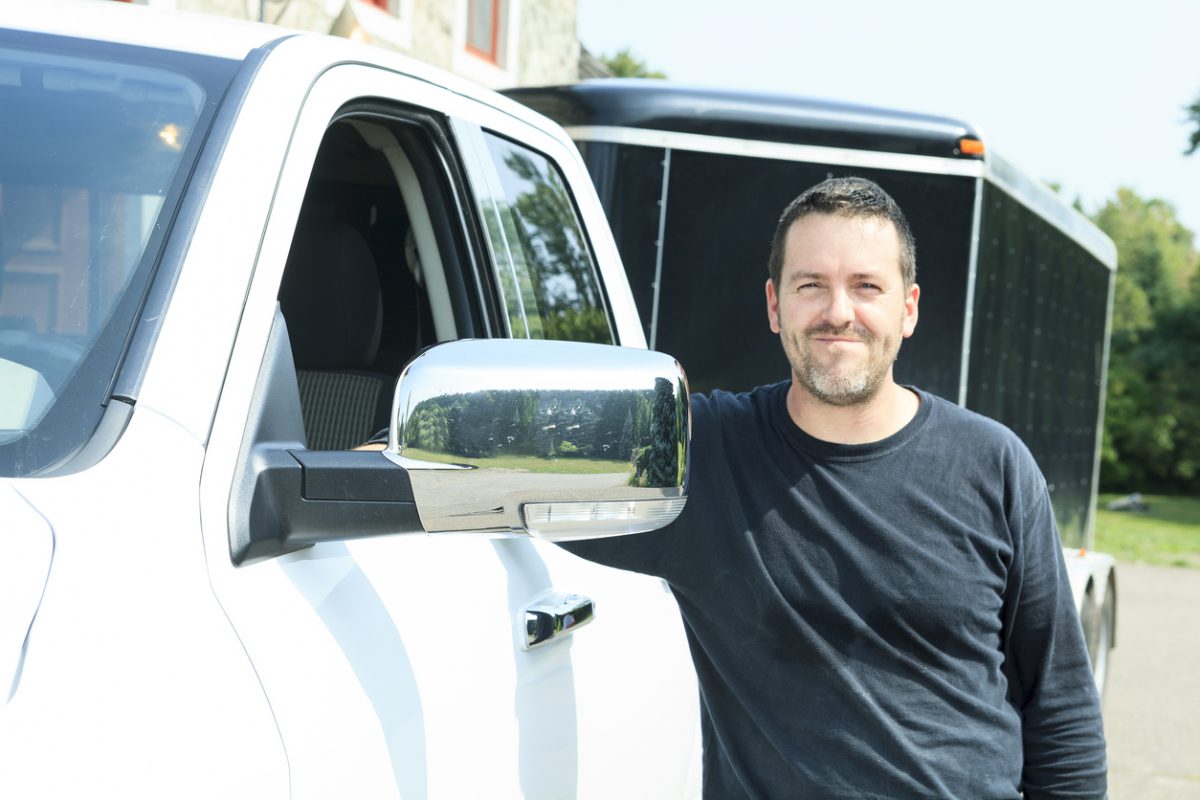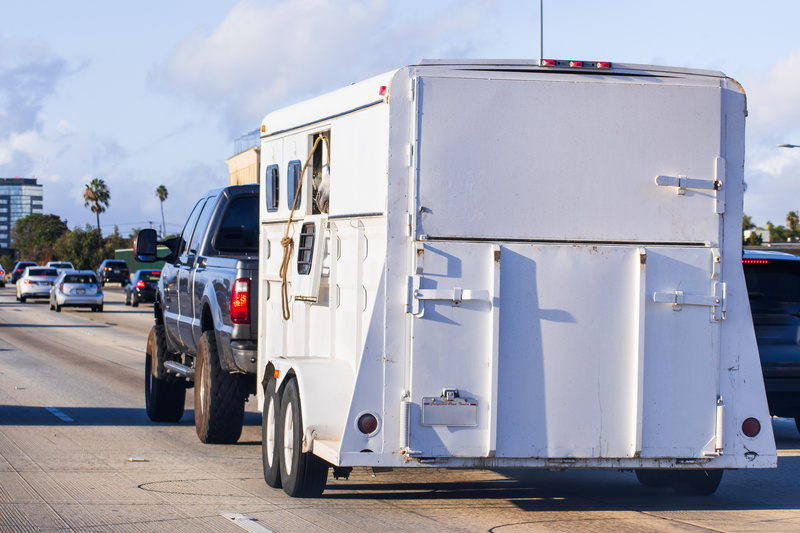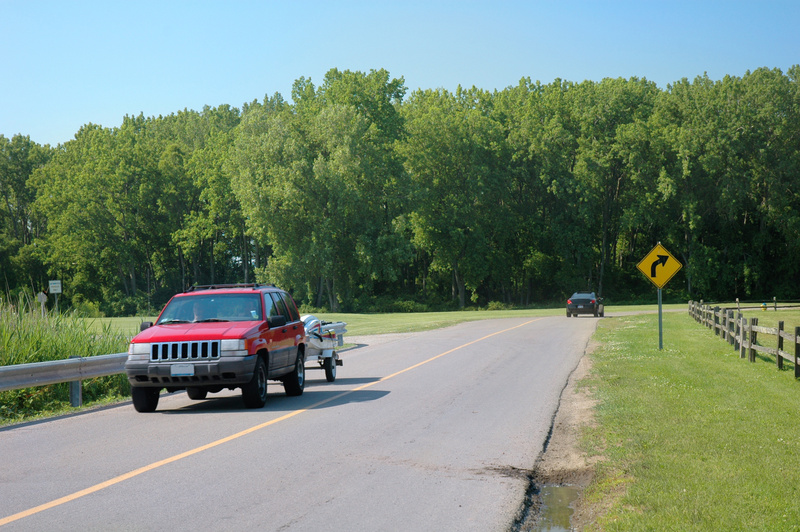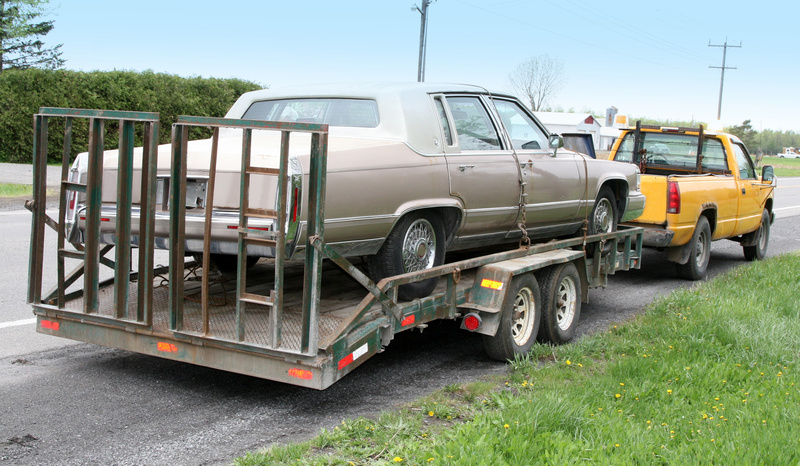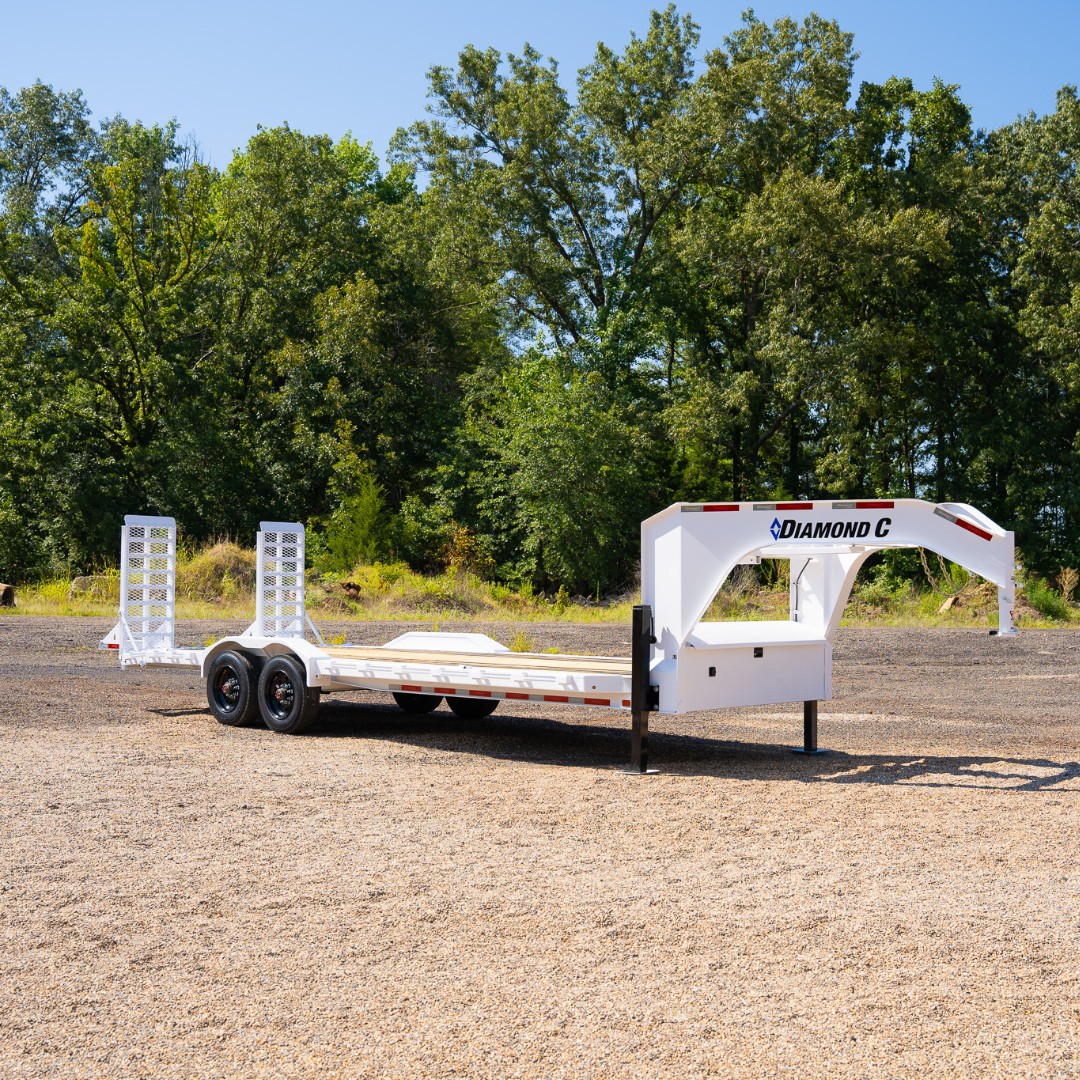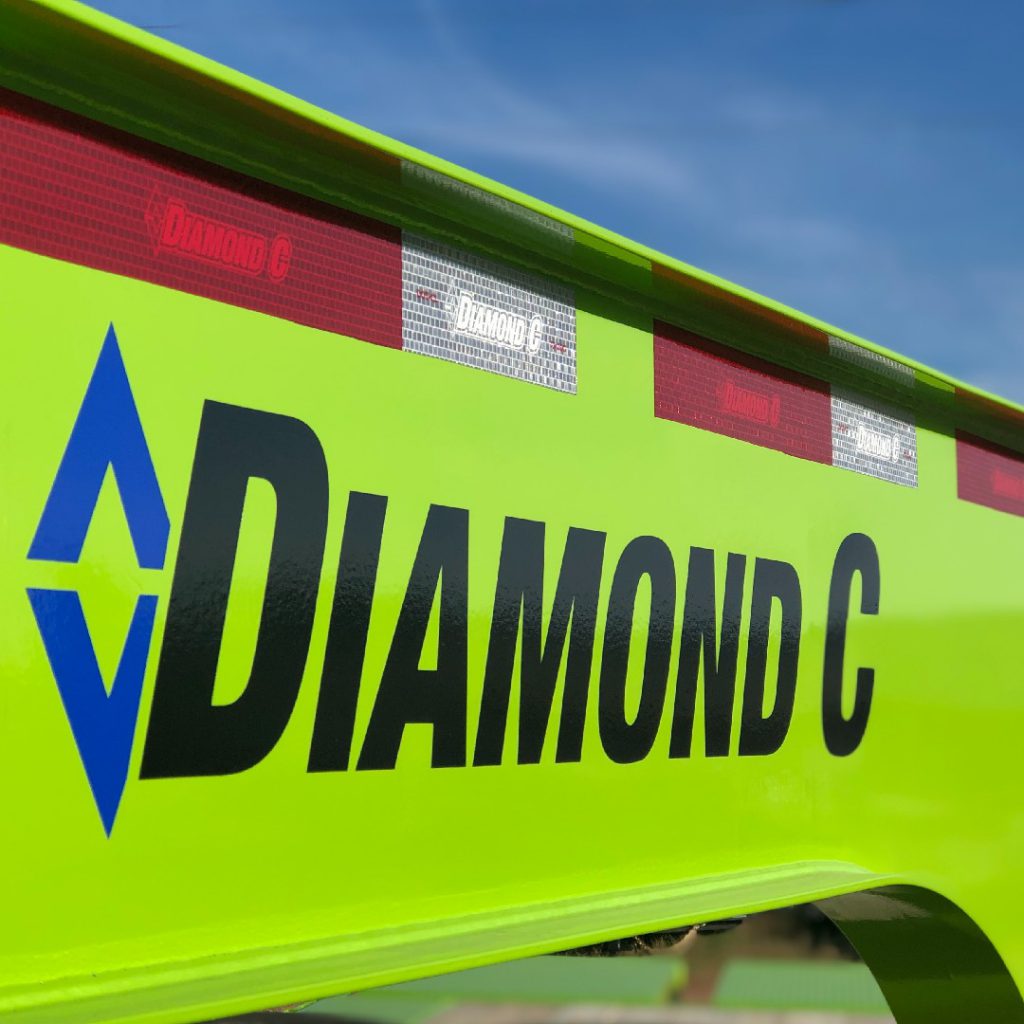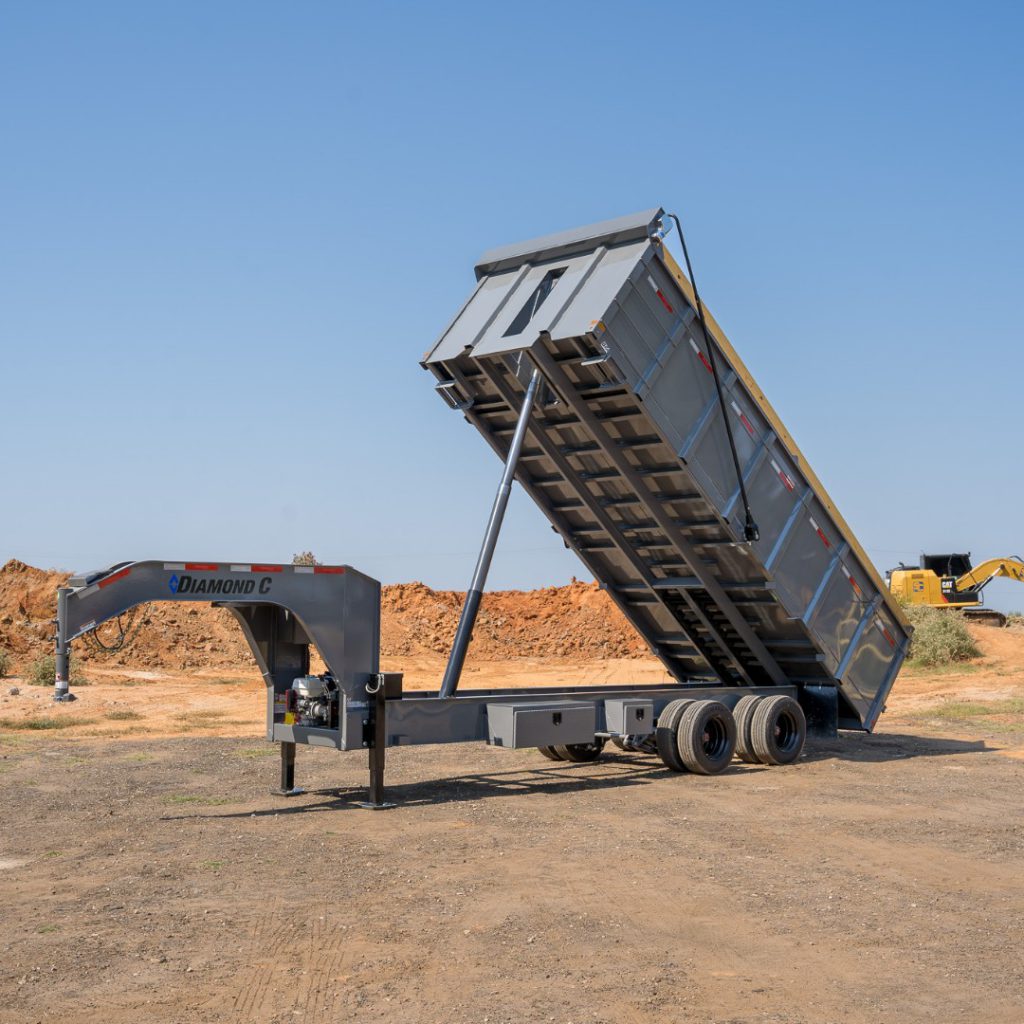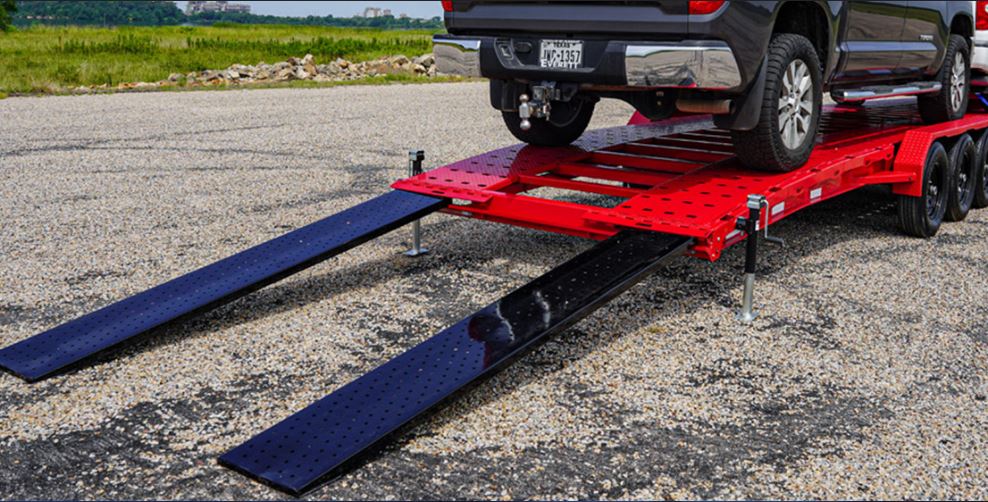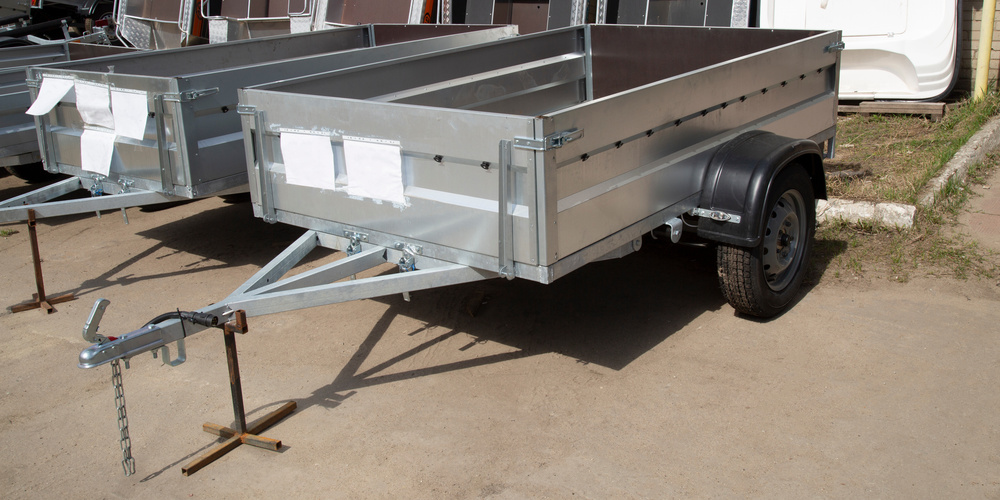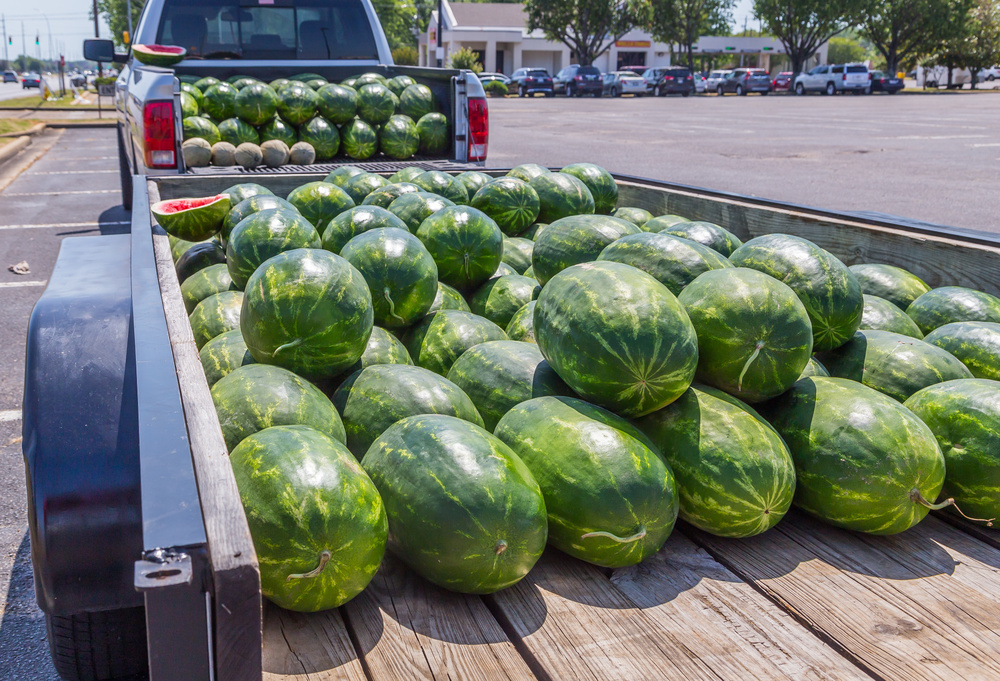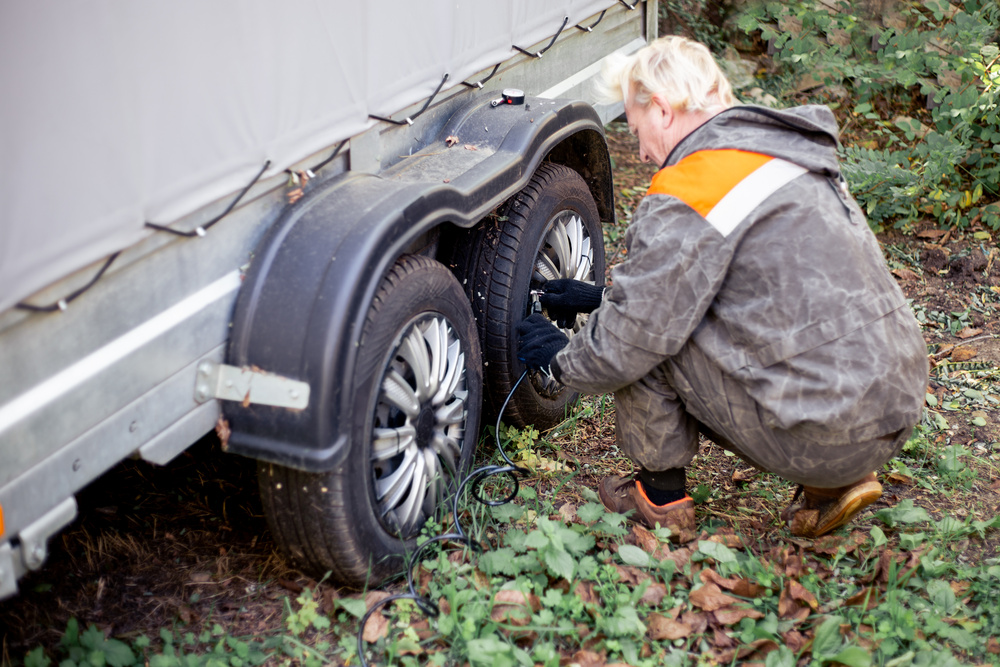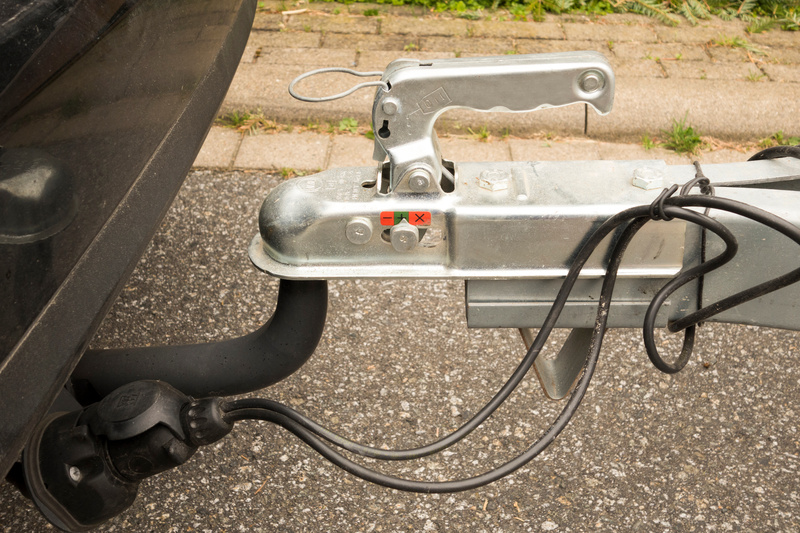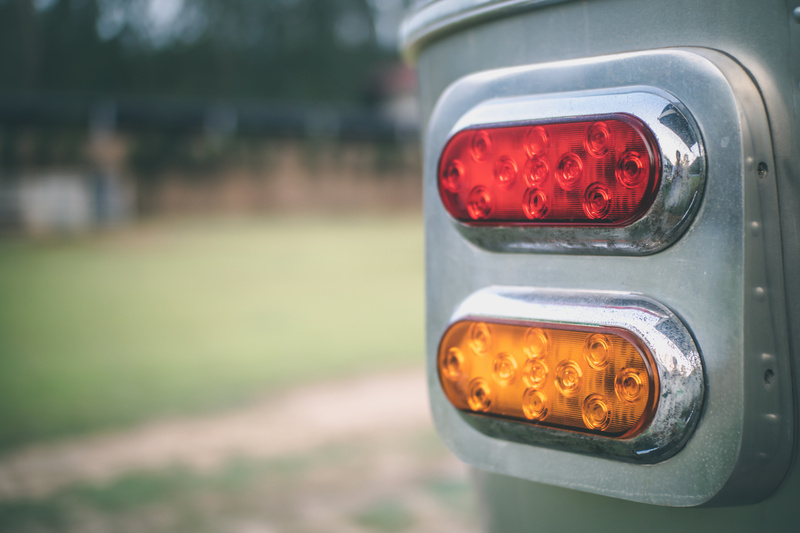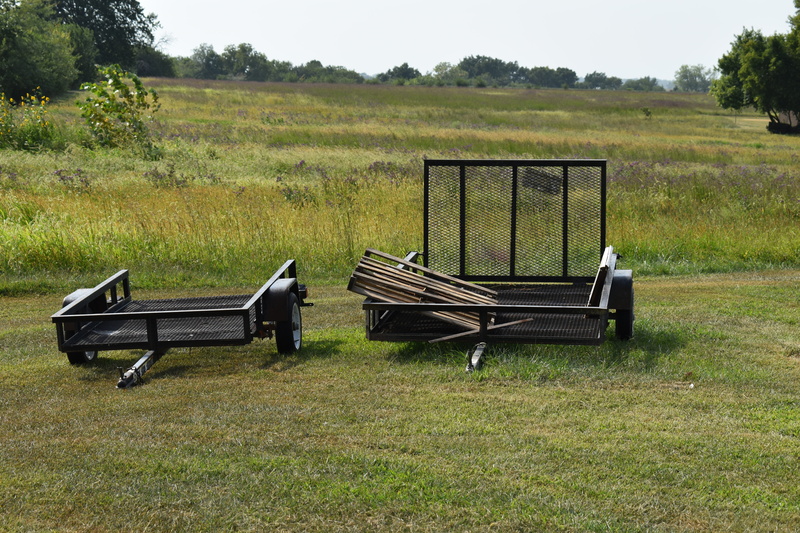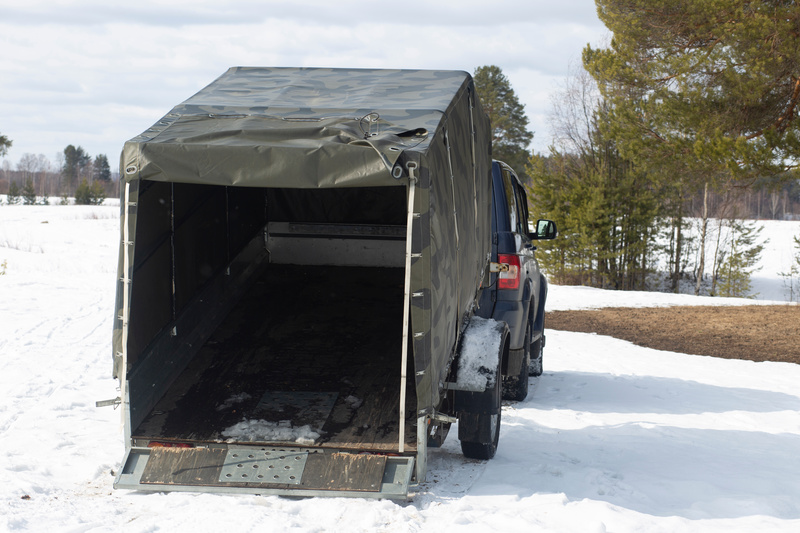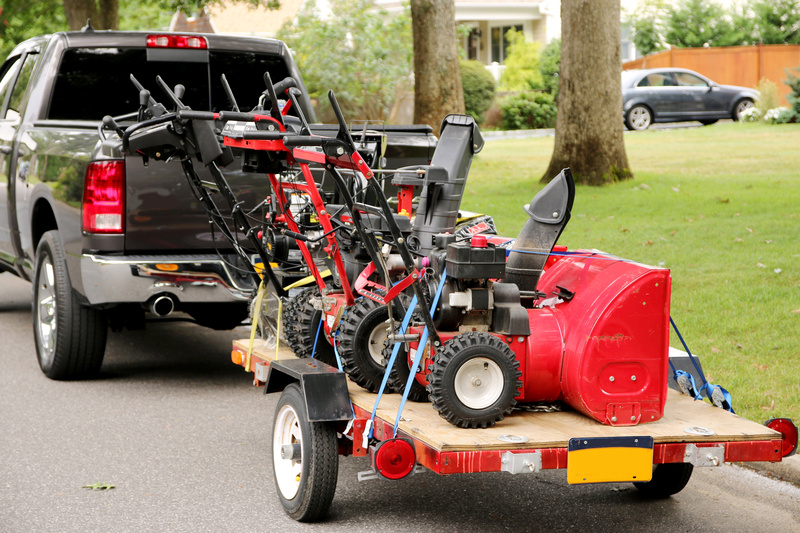Picking a trailer for your landscape business can be an overwhelming task. There are tons of aspects to consider, and you want to choose the best trailer within your budget. This trailer is an investment for your business, and you don’t want to choose the wrong one. Here at Country Blacksmith Trailers, our experts can help you choose the right trailer for your landscape business. This blog includes some of the most important questions to ask when choosing a landscape trailer.
How heavy is my cargo?
The first consideration when picking a trailer for your landscape business is what you plan to haul. Do you have many small tools? Or larger, heavier materials you need to bring? If you have a lot of equipment, or large equipment, you need to choose a trailer that’s large enough and has a high payload capacity. Make sure your trailer deck is longer and wider than all your equipment. Look into the weight of your heaviest lawn equipment to ensure the combined weight is within the trailer’s payload capacity. This might be the most important question when choosing a landscape trailer.
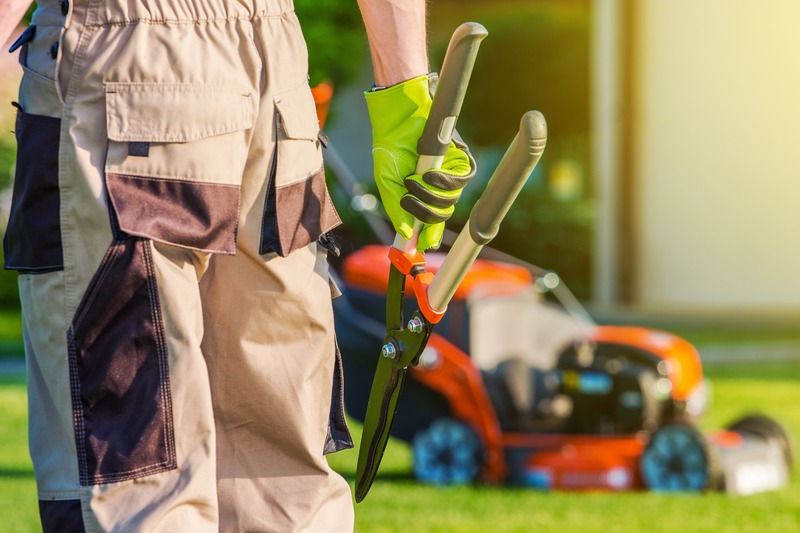
What can my truck tow?
Another item you need to research is your vehicle. It’s fairly easy to search the make and model of your car online to find the tow and payload capacity. Make sure the trailer is much lighter than your work vehicle’s tow capacity, because you’ll need to add the weight of the equipment onto the trailers GVWR.
Where will my materials be stored?
The next question to ask yourself is where your trailer and equipment will be stored. If you plan to store your trailer and materials outside overnight and on non-work days, enclosed trailers are probably your best bet. Enclosed trailers can be locked shut so your lawn equipment can’t be stolen. Enclosed trailers also protect your equipment from environmental factors, like sunshine, rain and snow. On the other hand, if you have a shed or garage to secure your trailer in open trailers are okay too. You can store your entire trailer, or unload your equipment at the end of the day into a safe storage space.
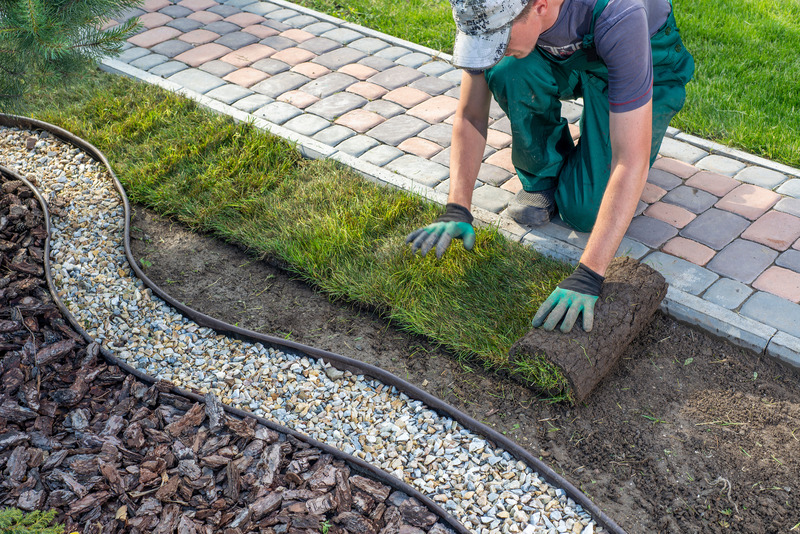
What can I afford?
One of the most important considerations in picking a trailer for your landscape business is your budget. While you may be hesitant to spend a lot of money on a new trailer, remember that it’s an investment for your business and should be treated as such. You may be tempted to choose a smaller trailer for a lower price, but an overloaded trailer is dangerous and can cost you more money in the long run. At Country Blacksmith Trailers, we offer financing options on our trailers. Fill out a loan application on our website to see what we can do to get you the right trailer with the right payment plan for you.
Is it easy to load?
The last aspect to consider is how difficult the new landscape trailer is to load. Easy, safe access to lawn equipment for you and your crew is important. Easily getting to the necessary equipment makes the job faster and safer for everyone involved. This is where open utility trailers have an advantage. Your landscape team can easily reach over the sides of open trailers to grab what they need, instead of walking through an enclosed cargo trailer.
There are benefits to both open and enclosed trailers when it comes to choosing a trailer for your landscape business. If you need help picking a trailer for your landscape business, our expert sales team at Country Blacksmith Trailers is happy to help. Visit us online or in person to see our full trailer inventory. If we don’t have the right trailer for your landscape business on the lot, we’ll work with you to order a custom trailer. Stop by, call or shop our online inventory today!
